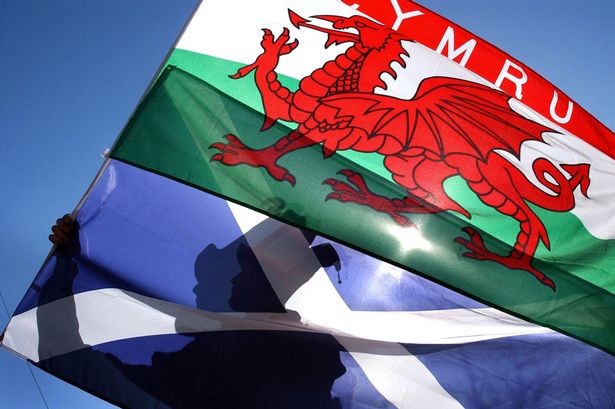A ‘fat tax’ has been proposed by Mike Rayner, director of the health promotion research group at the University of Oxford, in response to the obesity epidemic affecting the country.
At least a quarter of adults in the United Kingdom are obese, costing the National Health Service billions of pounds each year, and it is thought that taxes on high-fat and energy-dense foods could help to ease the problem.
Proponent of the policy initiative, Mike Rayner, said that: “We’re in the grip of an obesity crisis. As a nation we’re consuming too many calories and eating too much cheap, energy-dense food, like crisps, chocolate bars of fizzy drinks. There’s evidence to show that manipulating food prices can encourage healthy eating. So why are we so reluctant to change the way we tax food?”
Some countries in the European Union already enforce ‘fat taxes’ on particular foods and drinks, such as a two cents tax on fizzy drinks in France, and tax in Denmark on foods such as butter, milk and pizza that contain more than 2.3 percent saturated fat.
Denmark’s saturated fat ban follows their success as the first nation in the world to ban trans-fats.
Rayner has called for a 12 pence tax on soft drinks, claiming that healthier drinks would prevent thousands of deaths every year. Scientists have argued that saturated fats should not be the only target, instead also taxing salt, sugar and refined carbohydrates.
The current system taxes some foods that are relatively-healthy, such as fruit juices and smoothies, whilst it does not tax microwave meals (that are often high in salt and saturated fats), many bread products or cakes and other sweet treats.
Mike Rayner argues, “We need to rethink the way we apply VAT to food. I’d like us to tax all unhealthy foods from butter to biscuits.”
However, Liberal Democrat minister, Steve Webb MP, was more cautious about implementing a tax, asserting that it definitely should not be used as a “tax-raising measure.”
He instead called upon manufacturers to put less junk into the food, and to “look at Denmark and other countries who have tried it and see what the evidence is.”
Angela Eagle, Labour MP and Shadow Leader of the House of Commons instead called for better food labelling and education, arguing that a fat tax would be too difficult to implement.
She said, “My instinct is that VAT or tax may have a role to play, but education, assistance, and regulation of some of the salt content in food is all equally important.”
At the Conservative Party Conference in 2011, David Cameron also stated that drastic action was needed in order to prevent life expectancy from falling and health costs spiralling.
Cameron argued that a ‘fat tax’ was something that should be looked into, but acknowledged that “the problem in the past when people have looked at using the tax system in this way is the impact it can have on people on low incomes. But frankly, do we have a problem with the growing level of obesity? Yes. Do we have a kind of warning in terms of, look at America how bad things have got there, about what happens if we don’t do anything? Yes. That should be a wake-up call.”
Cameron argued that obesity has become the “biggest health challenge” facing the country, and said, “We need to look at the evidence and look at the impact on families.”
Organisations representing nearly every doctor in the UK have criticised sponsorship of the upcoming Olympic Games by fast food companies, saying that this sends out “the wrong message.”
Campaigners have said they will target companies such as Coca-Cola and McDonalds, who are sponsoring the Games, and companies that have outlets close to schools.
However, a McDonald’s spokesperson said, “Sponsorship is essential to the successful staging of the Olympics.” Current predictions suggest that over half of children will be obese or overweight by 2020.


